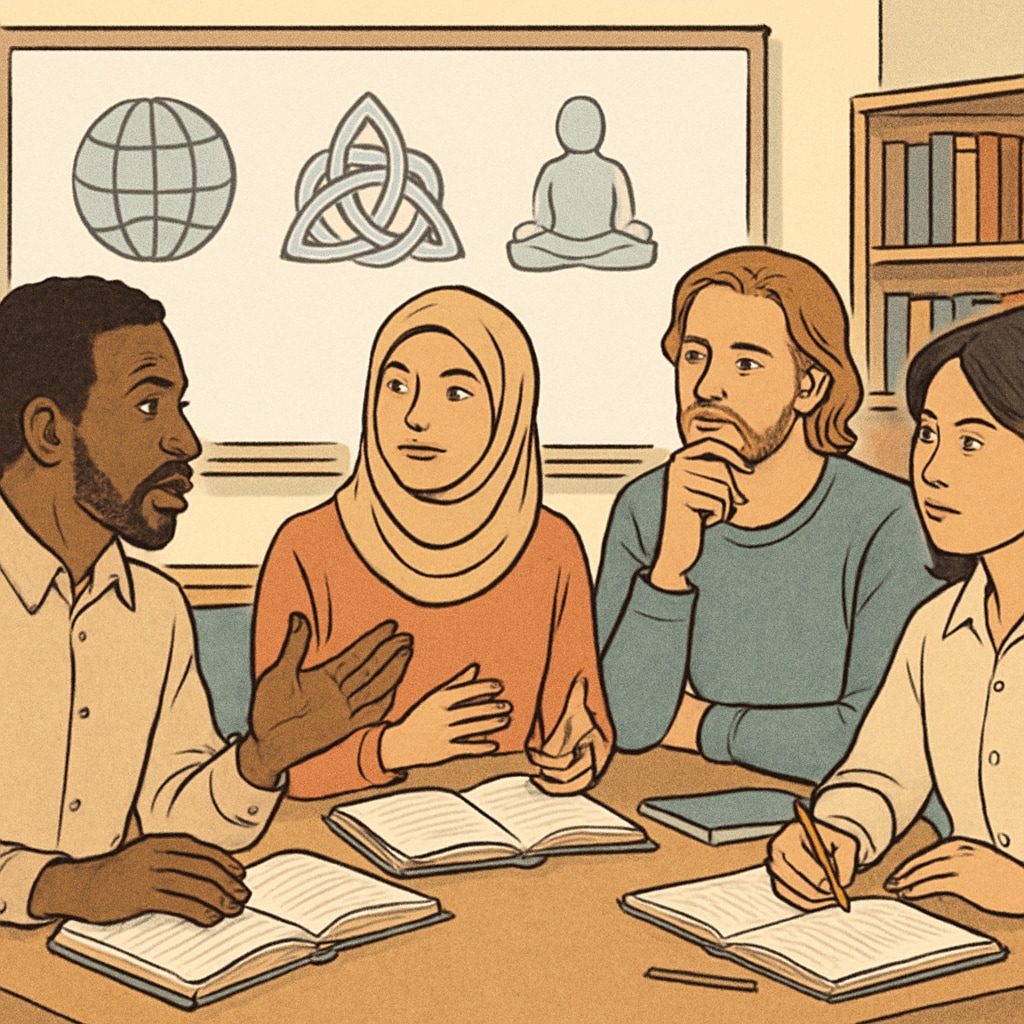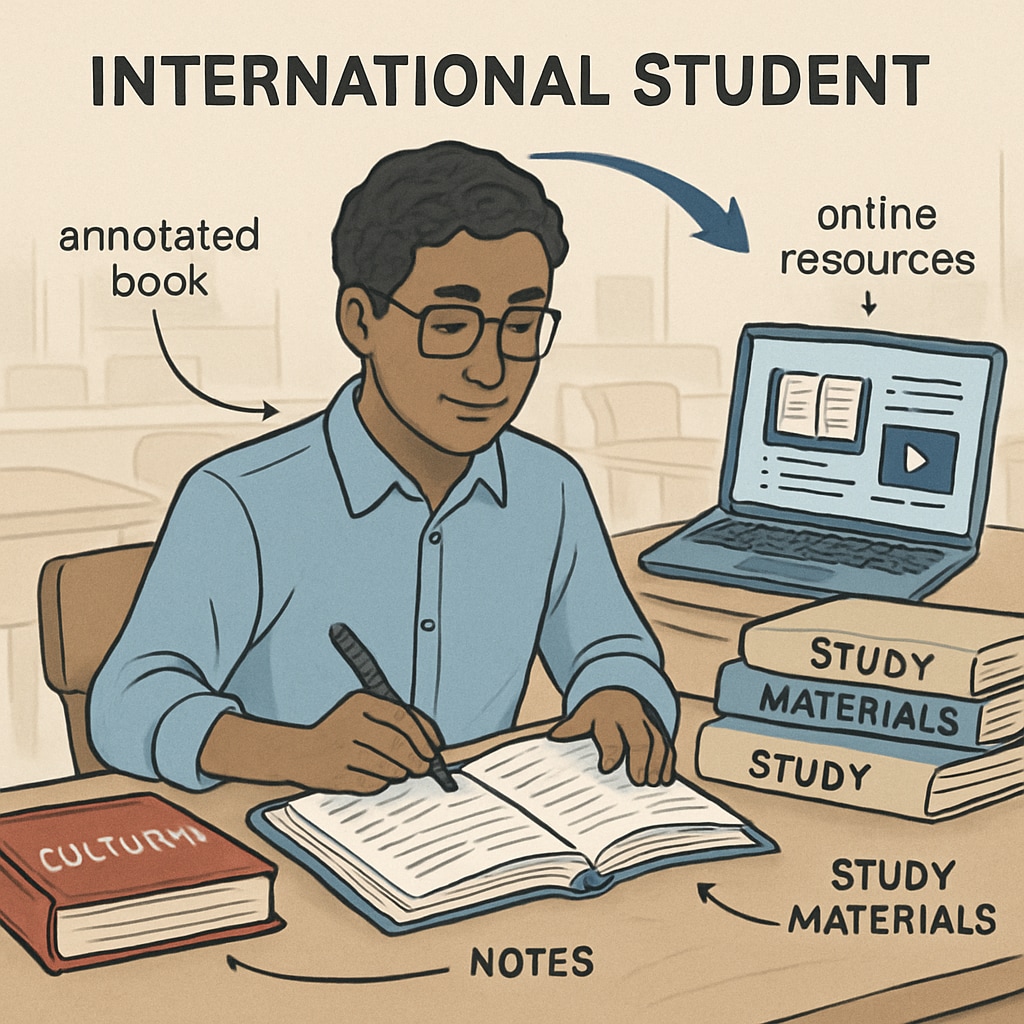Adult education often presents unique challenges, particularly for international students transitioning into Western academic systems. These learners frequently encounter gaps in foundational humanities knowledge, which can hinder both cultural adaptation and academic progress. This article identifies these challenges and offers practical resources and strategies to help adult students and educators build bridges towards success.
Understanding the Knowledge Gap in Humanities
For many adult international students, adapting to a new education system involves more than just learning a new language or understanding the curriculum. Humanities subjects—such as history, literature, philosophy, and the arts—are deeply influenced by cultural contexts. A lack of familiarity with Western cultural references, historical events, or philosophical ideologies can create significant barriers to comprehension and engagement in class discussions or assignments.
For example, students may struggle to interpret literary works that assume knowledge of Western history, or they may find it difficult to participate in debates on ethical principles rooted in philosophical traditions. As a result, these gaps can affect not only academic performance but also the ability to integrate socially and culturally into their new environment.

Practical Strategies for Building a Humanistic Foundation
To address these challenges, it is essential to provide targeted resources and strategies that cater to the specific needs of adult international learners. Below are some practical approaches:
- Self-paced Online Courses: Platforms like Khan Academy and Coursera offer accessible courses in humanities subjects, allowing students to learn at their own pace.
- Community Workshops: Local libraries or community centers often host workshops on cultural history or literature, providing valuable opportunities for interactive learning.
- Recommended Reading Lists: Educators can curate beginner-friendly reading lists that include classic texts with clear annotations or cultural explanations.
- Mentorship Programs: Pairing international students with mentors who have a strong background in humanities can facilitate personalized guidance and support.
These resources not only help close the knowledge gap but also encourage students to engage with the material in a way that aligns with their learning preferences and schedules.

The Role of Educators in Supporting Cultural Adaptation
Educators play a critical role in easing the transition for adult international students. By incorporating cultural context into their teaching methods, they can make humanities subjects more accessible and relatable. Here are some actionable steps educators can take:
- Incorporate Multicultural Perspectives: Include diverse cultural examples when discussing historical or philosophical concepts to encourage inclusivity.
- Use Visual Aids and Multimedia: Visual resources, such as timelines, maps, or documentary clips, can help clarify complex ideas and historical events.
- Create a Safe Space for Questions: Encourage students to ask questions without fear of judgment, fostering an environment of open dialogue.
- Provide Additional Context: Offer background information on cultural or historical references that may be unfamiliar to international learners.
By adopting these strategies, educators can help international students gain not just academic knowledge but also the cultural confidence needed to thrive in their new environment.
Conclusion: Bridging the Gap for Academic and Cultural Success
Addressing foundational knowledge gaps in humanities is crucial for the academic and cultural success of adult international students. By leveraging self-paced courses, community programs, mentorship, and educator-driven strategies, these learners can effectively navigate the challenges of cultural adaptation. Ultimately, fostering a deeper understanding of humanities helps students not only achieve academic goals but also build meaningful connections across cultures.
Education is a bridge that connects individuals to new worlds of knowledge, and for adult international students, this bridge must be built with care, patience, and the right resources.
Readability guidance: The article uses short paragraphs, concise sentences, and lists to enhance clarity. It incorporates transitional phrases such as “for example,” “therefore,” and “as a result” to maintain coherence. Passive voice and long sentences have been minimized for improved readability.


